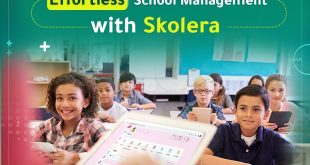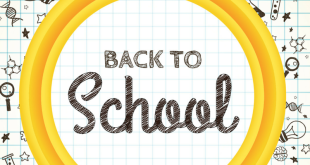In the contemporary educational sphere, the traditional concept of schools operating in isolation is quickly diminishing. We stand at the threshold of a new era that acknowledges the crucial role of parental involvement alongside teachers in a child’s educational journey. Through a vibrant partnership between parents and schools, harmoniously engaged, we unlock the potential to elevate the overall academic experience, nurture student well-being, and establish the foundation for continuous lifelong learning. Let’s take a look at the importance of communication between schools and parents!
9 Strategies: Communication with parents as a teacher
Before we discuss the importance of communication between schools and parents, let’s address the teacher first. As a teacher, effective communication with parents is pivotal for creating a collaborative and supportive educational environment. Here are some vital and effective ways to communicate with parents as a teacher:
Importance of Communication Between Schools and Parents: How to communicate with parents effectively?
To be able to effectively communicate with parents, you need to remember these tips first.
-
Create an open-door policy
This strategy is commonly used to refer to managers who leave their office door “open” to encourage openness with the company’s employees. You can do the same as a teacher! Make it clear to parents that you are available and approachable. Motivate parents to proactively engage by inviting them to connect whenever they have inquiries, concerns, or updates about their child’s advancement. Offer a variety of communication avenues, including email, phone, or in-person meetings, and ensure timely responses to parent queries, fostering a responsive and supportive partnership.

-
Facilitate parent-teacher conferences
Regularly schedule parent-teacher conferences to discuss a child’s academic performance, strengths, areas for improvement, and any other relevant concerns. Be prepared with specific examples and evidence to facilitate constructive discussions. Encourage parents to actively participate and share their perspectives.
-
Use technology
Utilize digital tools and platforms to enhance communication with parents. Use an LMS system so you can share important announcements, assignments, and resources. Use email, instant messaging apps, or communication platforms to provide updates on student progress, upcoming events, and any other relevant information.
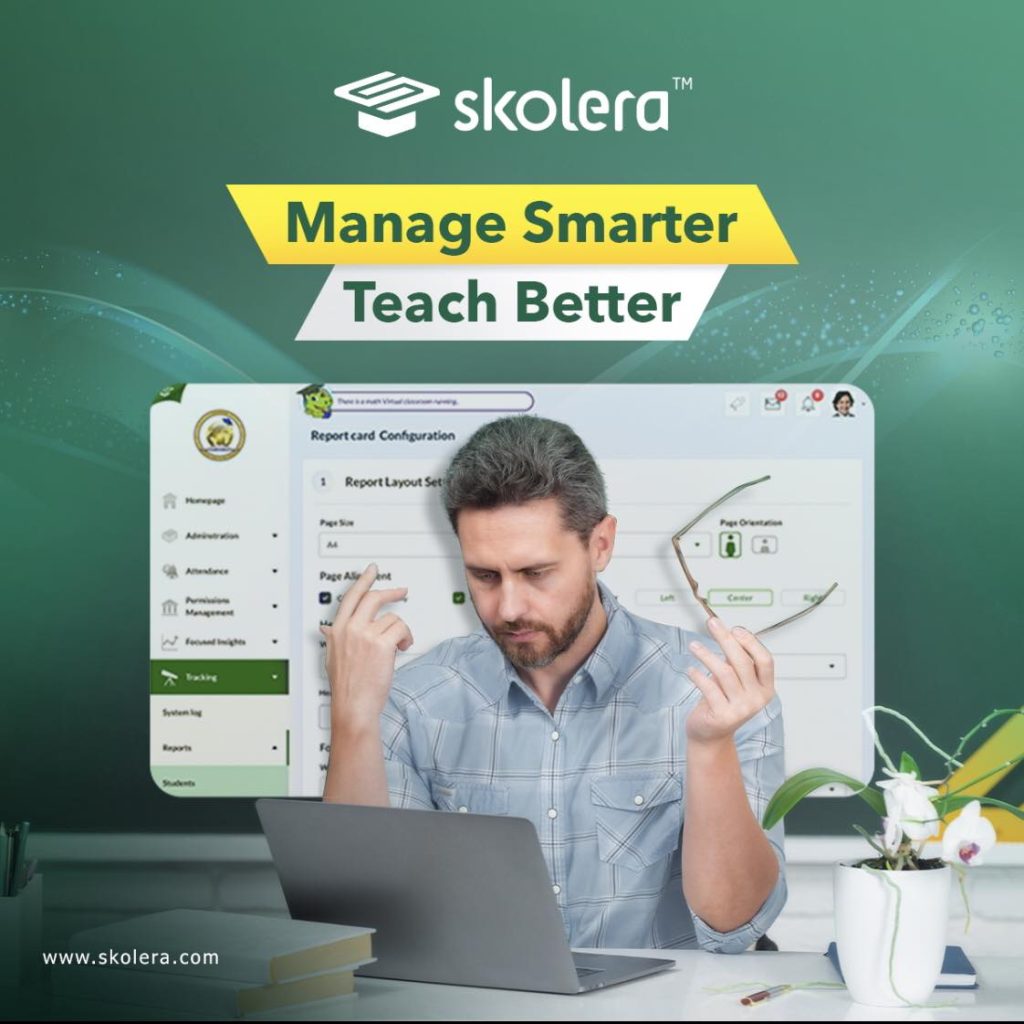
-
Send newsletters and updates
Send out regular newsletters or updates to keep parents informed about classroom activities, curriculum updates, and important dates. Highlight student achievements, upcoming projects, and ways in which parents can support their child’s learning at home. Make sure that the tone you’re using is clear, to the point, and easily comprehensible.
-
Provide positive feedback and celebrations
Communicate positive feedback and recognition for students’ achievements to parents. This could be through personalized notes, emails, or phone calls. Celebrate milestones, academic growth, or acts of kindness to foster a sense of pride and involvement among parents.
-
Encourage parent volunteer opportunities
Encourage parents to actively participate in classroom activities and volunteer for school events. Create opportunities for parents to contribute their skills and expertise, such as through guest speakers or organizing field trips. Involving parents in the educational process strengthens the partnership between home and school.
-
Implement individualized/personalized communication
Recognize that each parent has unique needs and communication preferences. Take the time to understand and accommodate those preferences. Parents sometimes prefer face-to-face meetings, while others like written communication. This is why it’s important to adapt your style accordingly.
-
Collaborate on support strategies
If a student is facing challenges or requires additional support, involve parents in the process of developing intervention strategies. Collaborate with them to create a plan that supports the child’s learning and addresses any specific concerns.
-
Seek feedback
Regularly seek feedback from parents on their perception of your communication efforts. This could be through surveys, questionnaires, or open discussions. Actively listen to their suggestions and adapt your communication strategies based on their input.
Always bear in mind that establishing a strong bond with parents through effective communication hinges upon trust, respect, and a sincere commitment to collaborate for the child’s welfare. By maintaining regular and transparent lines of communication, you can create a strong partnership that fosters student success and overall well-being.
Skolera cares about maintaining a good relationship between parents and teachers seamlessly and efficiently!
What is Skolera?
Skolera is a Unified Learning Platform that employs cutting-edge technology to help manage K-12 educational institutions. It serves as a foundation for the comprehensive academic and administrative operations of schools.
Our solution caters to educational institutions that use various unconnected systems to carry out daily tasks, which may be daunting and time-consuming. We provide a Learning Management System (LMS), a School Management System (SMS), and a Content Management System (CMS).
Skolera offers a Learning Management System (LMS) that allows teachers to maximize the learning process through a variety of features: a streamlined and integrated learning experience, user-focused design, reporting and monitoring of students’ work, interaction beyond the curriculum, a roadmap, and a fully featured mobile app.
Skolera also provides a School Management System (SMS) as a complete solution in one platform for schools. Efficiently optimizing school operations is made possible by employing a range of integrated systems, including a Student Information System (SIS), Finance Management System, Human Resource Management System, Reports System, Transport Management System, Inventory Management System, Library Management System, and Communication and Collaboration features.
This comprehensive suite of tools ensures smooth coordination and enhances productivity across all aspects of school administration. Skolera certainly makes the importance of communication between schools and parents its top priority!
For more information on the steps to join Skolera, check out the infographic at the end of this article. ⬇️
This might interest you: Why Schools Need a Student Information System
Communication with teachers as a parent
Everyone knows that any relationship is always two-sided; it requires the effort of both parties. The same thing applies to parents and teachers. Parents of course understand the importance of communication between schools and parents. Both have a common goal, which is why it’s important to acknowledge that communication plays a vital role here. Let’s say the parent-teacher meeting is next week; how will you address your concerns and questions about your child to the teacher in a decent and positive way?
Firstly, start by establishing a positive relationship with them. Approach communication with a positive attitude and respect for the teacher’s role. Do not forget that both of you have a common ultimate goal, which is ensuring the best interest of the child.

Initiating contact is also one of the best ways to show the teacher you’re taking the initiative to reach out when needed. Introduce yourself, express your interest in your child’s education, and establish open lines of communication.
Be specific and concise. When discussing concerns or asking questions, be specific and provide relevant details. This will help the teacher understand your perspective and address the issue more effectively.
Try to actively listen during conversations with the teacher. Make sure to practice active listening by giving your full attention, maintaining eye contact, and showing understanding. This helps foster a productive and collaborative dialogue.
Parents who regularly communicate with their children’s teachers recommend being proactive, not reactive. You can do this by addressing concerns or issues early on rather than waiting for them to escalate. Regularly check in with the teacher to stay informed about your child’s progress and address any potential challenges promptly.
A great way to maintain a positive relationship with the teacher is to respect their boundaries and schedules. You need to understand that teachers have busy schedules and responsibilities. That is why respecting their time and avoiding contact during non-working hours is quite essential. Consider scheduling appointments in advance if your issue is urgent.
One useful technique when meeting the teacher is to always seek clarification: If you do not understand something or need further clarification, never hesitate to ask. Teachers are there to support your child’s education, and they will certainly appreciate your interest and engagement.
Maintaining professionalism is a sure way to fortify the relationship with your child’s teacher. Keep the communication professional and focused on the educational aspect. Avoid personal attacks or becoming overly emotional. Remember, you and the teacher share a common goal of supporting your child’s learning!
Finally, expressing appreciation does wonders. Investing time to convey your gratitude and appreciation for the teacher’s dedication and hard work in your child’s education is crucial. Recognizing their efforts fosters a positive relationship founded on mutual respect and gratitude, which significantly enhances communication and collaboration between all parties involved. Such a constructive rapport can have a lasting impact on your child’s educational experience.
9 Parent-teacher communication examples
The importance of communication between schools and parents lies in the constant effort towards achieving it. Effective parent-teacher communication goes both ways. Encourage parents to communicate with you as well and actively listen to their concerns, suggestions, and feedback. By fostering a strong and open partnership, you can create a supportive and engaging educational experience for students.
Here are some examples of effective parent-teacher communication.
-
Welcome letter
As the school year starts, initiate a warm welcome to parents by sending them a letter that introduces yourself, provides your contact information, and conveys your enthusiasm for the opportunity to collaborate and support their child’s educational journey. Use this opportunity to provide an overview of your teaching philosophy, classroom expectations, and ways parents can stay involved.
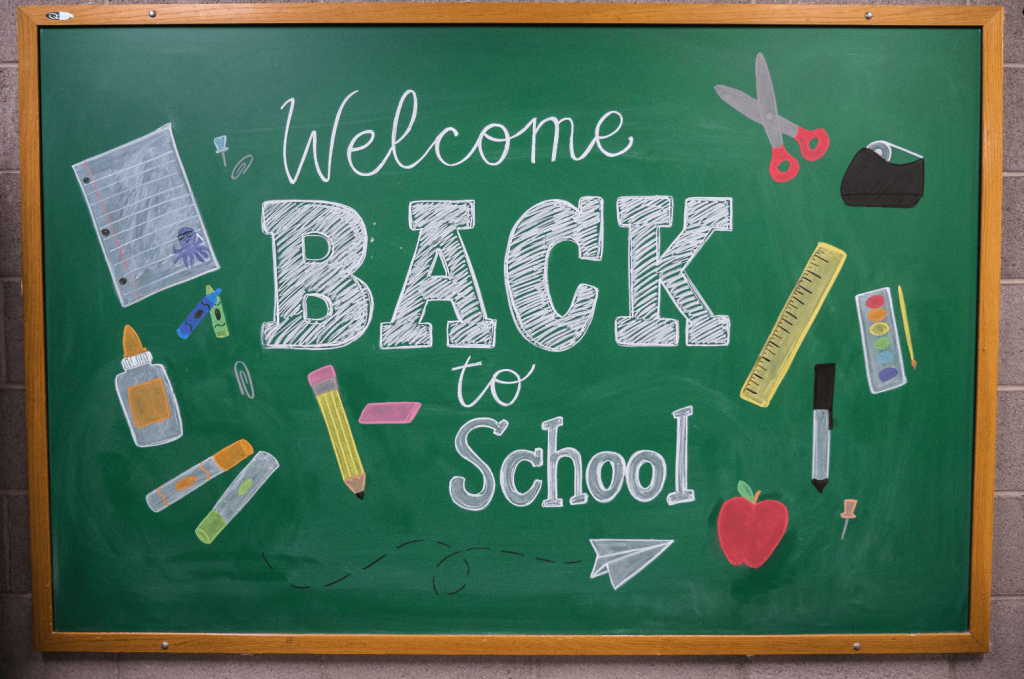
-
Progress reports
Regularly provide progress reports to parents, detailing their child’s academic performance, strengths, areas for improvement, and any behavioral or social concerns. Include specific examples and suggestions for how parents can support their child’s progress at home.
-
Weekly or monthly newsletters
Send out newsletters to keep parents informed about classroom activities, upcoming events, curriculum updates, and important dates. Share highlights of student achievements, showcase classroom projects and provide tips for supporting learning at home. Make the newsletter visually appealing and easy to read.
-
Parent-teacher conferences
Arrange in-person meetings with parents to engage in conversations regarding their child’s progress, objectives, and address any concerns that may arise. Use this time to have an open dialogue, share insights, and develop strategies to support the child’s learning. Prepare relevant materials, such as work samples or assessments, to facilitate meaningful discussions.
-
Reminders and announcements
Use email or a class communication app to send reminders and announcements to parents. Inform them about upcoming tests, assignments, field trips, or special events. Ensure that the information is clear, concise, and includes any necessary instructions or deadlines.
-
Positive phone calls or emails
Reach out to parents to celebrate their child’s achievements or positive behavior. Make a phone call or send an email specifically highlighting what the child did well. This personal touch reinforces the partnership between home and school and fosters a positive relationship.
-
Individualized support plans
For students requiring additional support, work with parents to develop individualized support plans. Collaborate on strategies, accommodations, and interventions to address specific learning needs. Regularly update parents on the progress and adjustments made.
Related article: Behavior Goals for Students (Dealing with the Challenges)
-
Parent workshops
Organize workshops or information sessions for parents on topics such as study skills, technology use, or effective parent-child communication. These sessions provide parents with valuable insights and recommendations to effectively support their child’s learning and growth.

-
End-of-year summary
As the academic year draws to a conclusion, you can provide parents with a comprehensive overview encompassing their child’s progress, development, and notable accomplishments. Offer suggestions for summer enrichment activities or resources to ensure a smooth transition to the next grade level.
The importance of communication between schools and parents cannot be stressed enough. It is the foundation upon which a collaborative and supportive educational ecosystem is built. Together, let us embrace the potential of impactful communication, closing the gap between schools and parents, and fostering an environment that empowers every child to unlock their maximum potential.
If you enjoyed reading this article, there’s plenty more! You can even receive our latest resources via email. Sign up for our newsletter and become a part of Skolera’s community now.
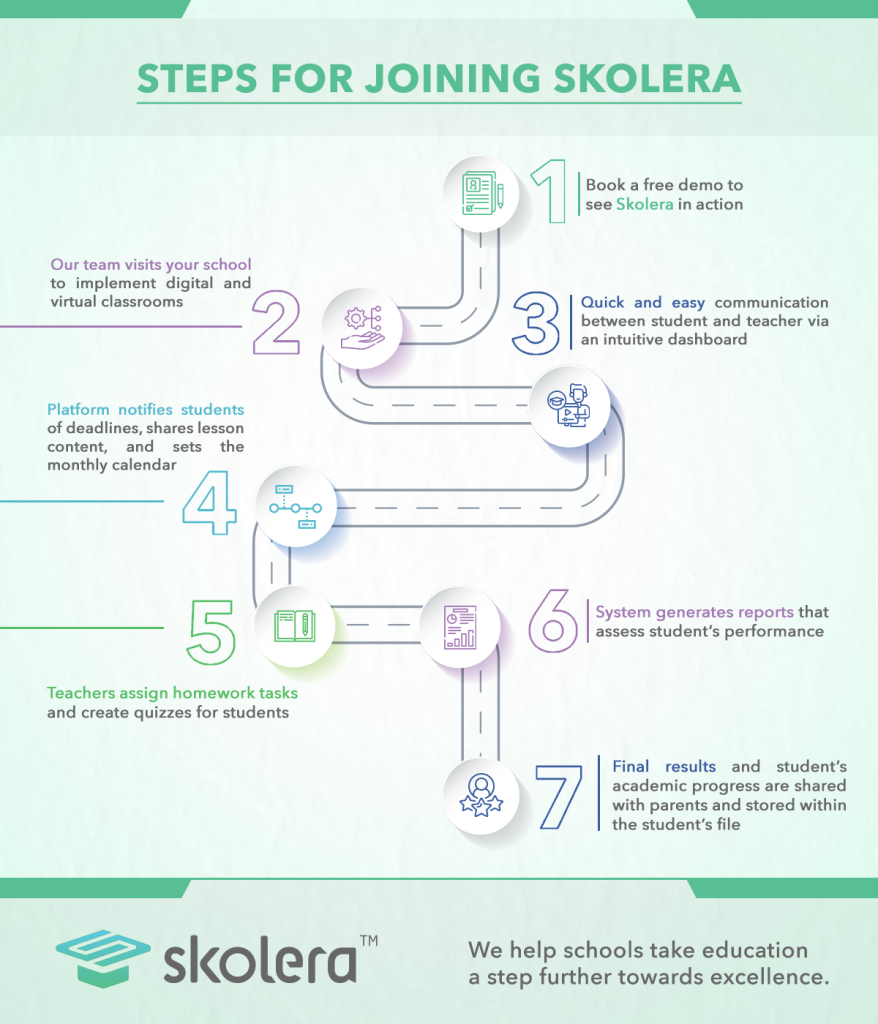
 Skolera LMS Blog Educational Technology Articles and News
Skolera LMS Blog Educational Technology Articles and News

